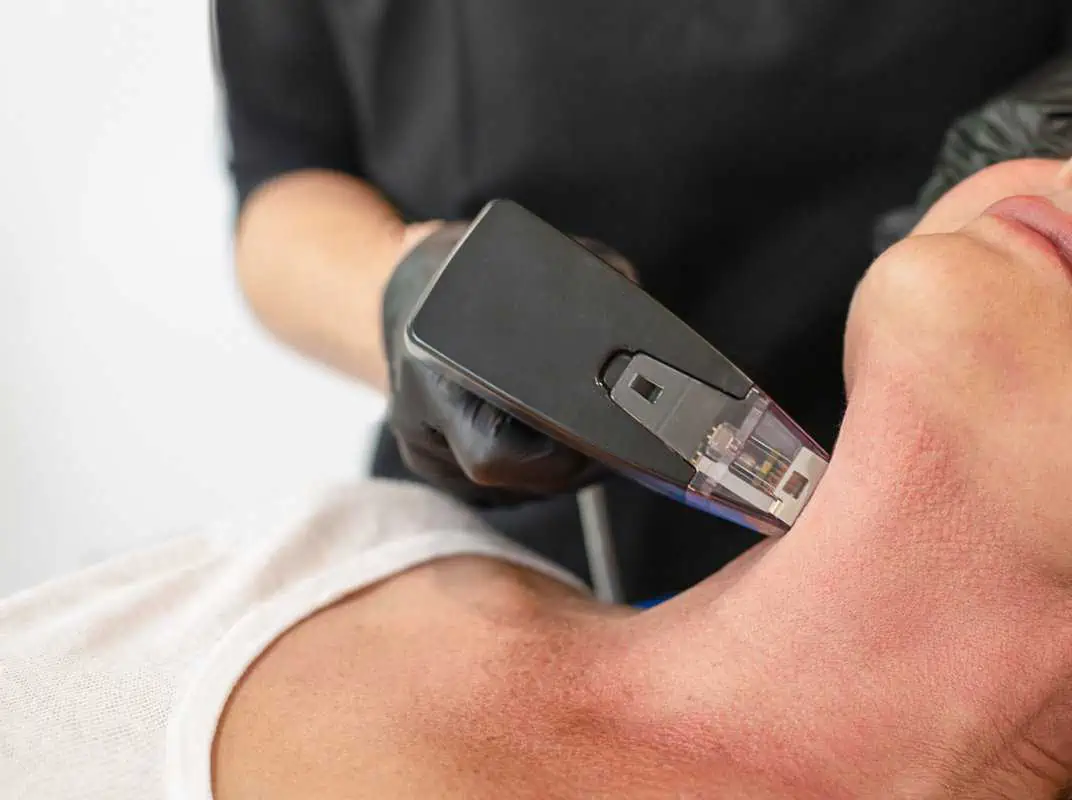In our fast-paced world, where juggling professional demands, personal relationships, and societal expectations have become the norm, the impact of stress and mental health on our lives cannot be overstated. Among the myriad aspects of our well-being that are affected, sexual wellness often remains an under-discussed yet critically important topic. This blog will delve deep into how stress and mental health conditions influence sexual wellness, offering insights and solutions to reclaiming a fulfilling and healthy intimate life.
The Interplay Between Stress and Sexual Wellness
Stress is an omnipresent part of modern life. It profoundly affects our bodies and minds, whether work pressures, financial worries, or personal issues cause it. One area where stress leaves its mark is sexual wellness.
How Stress Affects Sexual Desire
When stress levels rise, the body produces cortisol, a hormone that is part of the body’s natural fight-or-flight response. While this is a vital mechanism for short-term survival, chronic stress keeps cortisol levels elevated, which can wreak havoc on sexual desire.
Elevated cortisol levels inhibit the synthesis of sex hormones, such as estrogen and testosterone, which are essential for libido maintenance. This hormonal imbalance can cause a discernible decline in sexual desire and make intimate encounters seem less enticing to both men and women.
Physical Manifestations of Stress
Stress doesn’t just affect the mind; it has tangible effects on the body that can interfere with sexual wellness. Chronic stress can lead to:
- Erectile Dysfunction: For men, stress can lead to erectile dysfunction (ED), where maintaining an erection becomes difficult. This can be due to psychological factors and physical issues such as reduced blood flow.
- Vaginal Dryness: Women may experience vaginal dryness, which can make intercourse uncomfortable or even painful, further diminishing the desire for sexual activity.
- Fatigue: Stress often leads to fatigue, leaving individuals too tired to engage in sexual activities, further straining intimate relationships.
Mental Health Conditions and Sexual Wellness
Beyond everyday stress, mental health conditions such as anxiety and depression have profound effects on sexual wellness. Understanding these impacts is essential for addressing them effectively.
Anxiety and Sexual Wellness
Anxiety is characterized by excessive worry and fear, which can significantly obstruct a healthy sexual life. It may be challenging to relax and enjoy quiet times due to anxiety’s persistent state of worry and concentration.
- Performance Anxiety: One of the most common ways anxiety affects sexual wellness is through performance anxiety. The fear of not being able to perform sexually can become a self-fulfilling prophecy, leading to a cycle of ongoing anxiety and sexual dysfunction.
- Diminished Arousal: Anxiety can interfere with the body’s ability to become aroused. For women, this might mean difficulty in achieving lubrication, and for men, it can mean difficulty in achieving or maintaining an erection.
- Intrusive Thoughts: Anxiety often brings intrusive thoughts that can disrupt the focus and presence needed for intimate encounters, making it challenging to connect with a partner.
Depression and Its Effects on Sexual Health
Depression, characterized by persistent sadness, loss of interest, and a decrease in energy, can severely impact sexual wellness. The emotional and physical symptoms of depression can dampen sexual desire and function.
- Loss of Libido: A common symptom of depression is a decreased interest in activities that once brought pleasure, including sex. This loss of libido can strain relationships and reduce intimacy.
- Physical Symptoms: Depression often comes with physical symptoms such as fatigue, aches, and changes in appetite and sleep patterns, all of which can contribute to a reduced interest in sex.
- Medications: Many antidepressants, while essential for managing depression, can have side effects that impact sexual function, including reduced libido, difficulty achieving orgasm, and erectile dysfunction.
Pathways to Reclaiming Sexual Wellness
While the effects of stress and mental health conditions on sexual wellness can be profound, there are numerous strategies and treatments available to help individuals reclaim a satisfying and healthy intimate life.
Stress Management Techniques
Effectively managing stress is crucial for maintaining sexual wellness. Here are some proven strategies:
- Mindfulness and Meditation: It can be easier to engage in intimate times with complete presence when you practice mindfulness and meditation, which can help lower stress and increase mental clarity.
- Exercise: Frequent exercise is a healthy way to reduce stress. Exercise can improve mood, increase sexual desire and performance, and increase endorphins.
- Time Management: By planning your calendar to include time for leisure and relaxation activities, you can lessen chronic stress and improve the balance between your personal and professional lives.
Therapy and Counseling
Seeking professional help is a decisive step towards improving mental and sexual wellness.
- Cognitive Behavioral Therapy (CBT): By addressing the harmful thought patterns linked to anxiety and depression, cognitive behavioral therapy (CBT) can enhance both sexual and general mental health.
- Sex Therapy: Specialized sex therapists can help individuals and couples address sexual dysfunction and improve intimacy through tailored techniques and interventions.
- Couples Counseling: Couples therapy can strengthen emotional and physical closeness, facilitate communication, and help couples overcome difficulties.
Medical Treatments
In some cases, medical intervention may be needed to focus on physical symptoms of stress and mental health conditions affecting sexual wellness.
- Medication: Medical professionals can prescribe medications to treat illnesses like depression and anxiety to help manage their symptoms. It’s critical to address any adverse effects with your physician to select a course of therapy that promotes sexual and general wellness.
- Hormone Therapy: For individuals experiencing hormonal imbalances due to stress, hormone therapy may be an option to restore balance and improve libido.
Lifestyle Adjustments
Making specific lifestyle changes can also contribute significantly to improving sexual wellness.
- Healthy Diet: Besides supporting general health, a well-balanced diet high in vitamins and minerals can enhance sexual performance. Foods rich in critical nutrients, omega-3 fatty acids, and antioxidants can improve performance and libido.
- Sleep: Good sleep is important for both physical and mental well-being. Getting enough sleep can help you feel less stressed and have better overall sexual health.
- Communication: A successful sexual relationship can be sustained by having honest and open conversations with your partner about your wants, desires, and any challenges you may be facing.
Takeaway
At Resurgence Wellness, we don’t just treat symptoms – we transform lives. Our holistic approach to sexual wellness combines the latest medical innovations with compassionate care, empowering you to reignite your passion and reclaim the joy of a vibrant, intimate life. Experience the Resurgence difference in Texas today. Contact Resurgence Wellness now to schedule your consultation.






